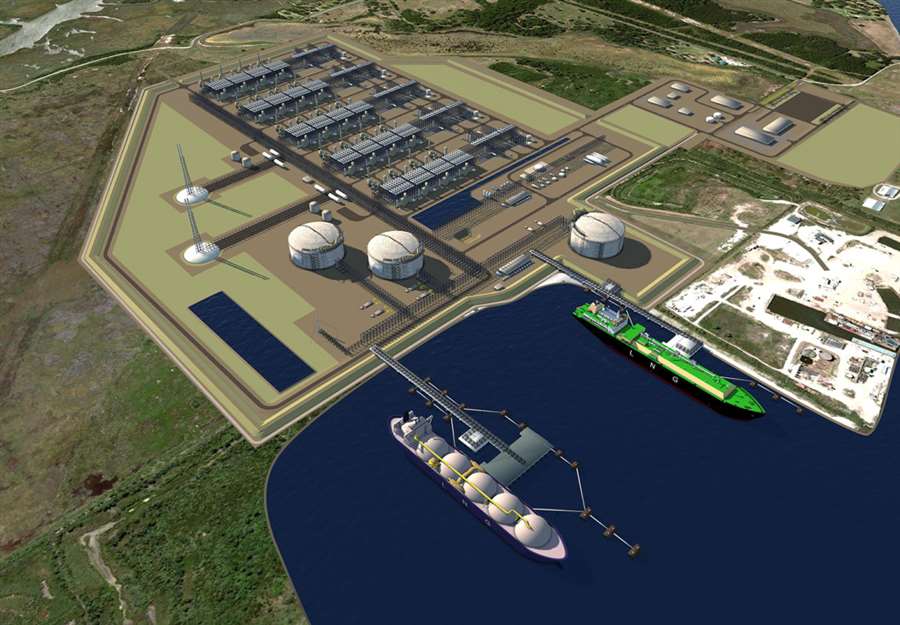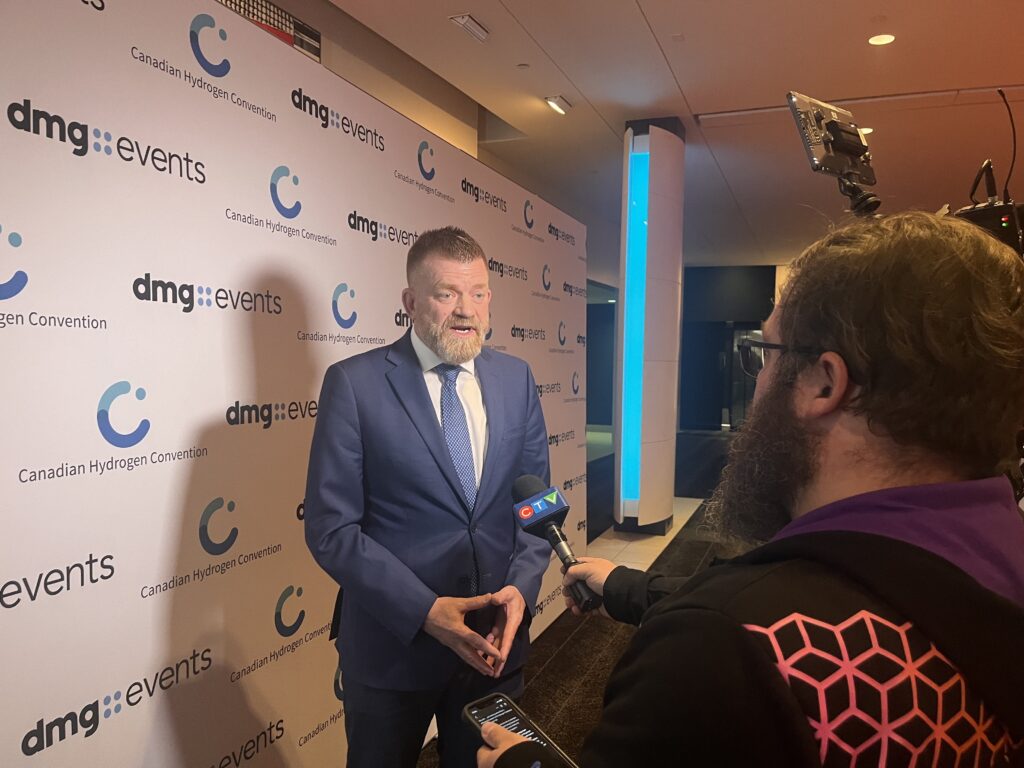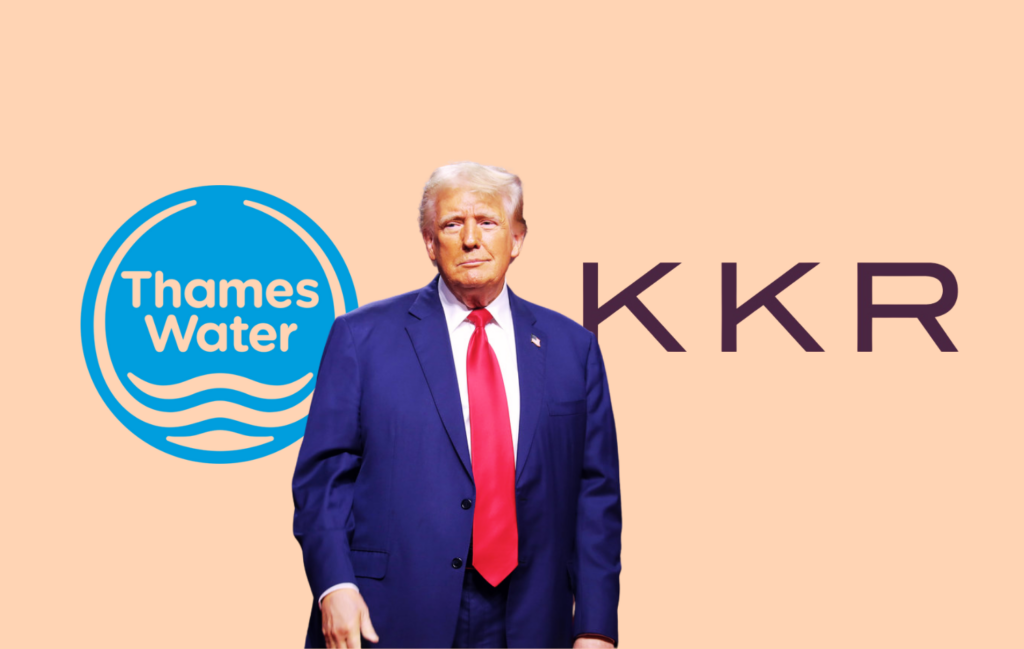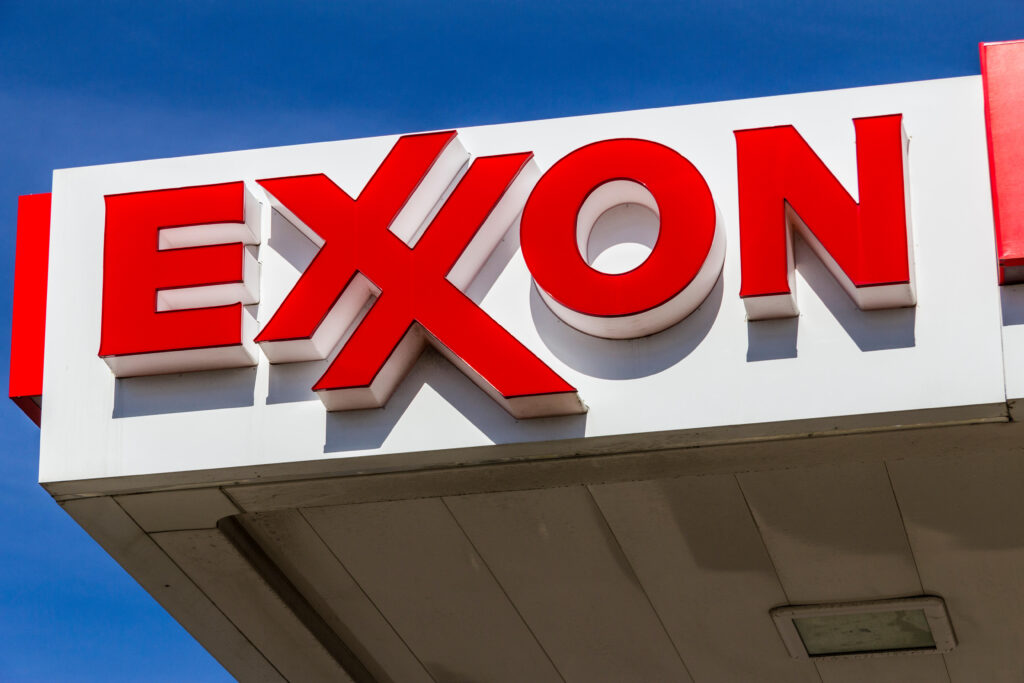There are over 2,600 people living within three miles of Oxbow Corporation’s industrial plant in Port Arthur, Texas, a community that’s almost entirely people of color. And for 85 years, the Oxbow Calcining’s 112-acre plant has been processing oil and gas products into “petroleum coke,” which is commonly used to make steel and aluminum — all the while releasing sulfur dioxide into the air of Port Arthur. From 2016 to 2019, the plant pumped an average of over 22 million pounds of sulfur dioxide, which can cause lung disease, coughing, and eye irritation, into the air each year.
Oxbow’s founder and CEO is billionaire William “Bill” Koch, a member of the Koch family who has historically maintained a lower profile than his politically active brothers Charles and David, who passed away in 2019. Charles and David notoriously poured fortunes into funding organizations and projects designed to prevent fossil fuel regulation, often by obscuring the role that fossil fuels play in causing climate change. The Koch Family Foundations, which are linked primarily to Charles and David, have spent more than ExxonMobil in that effort, DeSmog’s database shows.
Over the years, most other Texas fossil fuel plants that emitted large amounts of sulfur dioxide have been required to install so-called “scrubber” equipment, which reduces that air pollution. But Oxbow Calcining appears to have escaped the same sort of attention from the Texas Commission on Environmental Quality (TCEQ), whose policies generally allow older plants to emit more than newer plants.
Community advocates say that the way the TCEQ has overseen the Oxbow site has left the residents of Port Arthur at risk, raising issues of racial discrimination and injustice. This summer, the Port Arthur Community Action Network (PECAN), represented by attorneys at Lone Star Legal Aid and the Environmental Integrity Project, asked the U.S. Environmental Protection Agency (EPA) to investigate whether Texas’s oversight of Oxbow Calcining violates federal civil rights laws, which prohibit racial discrimination in the way that the nation’s environmental laws are enforced.
Last week, the EPA’s External Civil Rights Compliance Office accepted that complaint, writing in a letter that it would launch an investigation into whether the “TCEQ discriminated on the basis of race in violation of Title VI of the Civil Rights Act of 1964.”
“My hope is that they will thoroughly investigate their emissions and their impact on the community and draw what we believe to be an inescapable conclusion that Oxbow is an eminent danger to the life and health of people in Port Arthur and southeast Texas,” John Beard, Jr., founder and chairman of the Port Arthur Community Action Network, said in a statement after the EPA agreed to investigate their complaint.
TCEQ will have 30 days to prepare a response to the complaint, according to local newspaper the Beaumont Enterprise. In an email, a representative of TCEQ said the commission had received notice of the investigation from the EPA “and is carefully reviewing the complaint.”
Advocates who filed the Oxbow complaint welcomed the EPA’s investigation when it was announced. “This decision will directly benefit the residents of Port Arthur,” Amy Dinn, managing attorney of Lone Star Legal Aid’s Environmental Justice Team, said in a statement, “and it is a first step towards appropriately regulating this facility to control its excess sulfur dioxide emissions that are so harmful to this environmental justice community’s health and well-being.”
An Odor Like ‘Burning Garbage‘
Port Arthur, Texas, sits on the Louisiana border midway between Houston and Lake Charles, Louisiana. Its Gulf Coast location puts the small city (population 54,000) in an area prone to hurricanes, which scientists say have become more intense and unpredictable with climate change.
When President Joe Biden entered the White House, he had campaigned on environmental justice issues, citing as an example his personal experiences growing up surrounded by refineries in nearby Marcus Hook, Pennsylvania, along the Delaware River. But nearly a year into Biden’s time in office, environmental justice advocates have expressed frustration with the administration’s performance so far. “The administration wants the benefit of the doubt,” Erika Thi Patterson, campaign director of the grassroots organization Action Center on Race and the Economy, told Politico this summer. “The reality is they haven’t earned it yet.”
In Jefferson County, where Port Arthur is located, 92 percent of the sulfur dioxide air pollution comes from Oxbow Calcining.
You can smell sulfur dioxide in the air, said Colin Cox, an attorney with the Environmental Integrity Project. Hydrogen sulfide’s smell is often compared to rotten eggs, he added — and sulfur dioxide is produced when you burn hydrogen sulfide. That means the smell of sulfur dioxide is “a little different,” than a rotten egg smell, Cox said. “Most people describe it to me as burning garbage.”
“The people in that community have been surrounded by refineries and industry for their entire lives, breathing that stuff and smelling that stuff,” said Cox. “And they know it’s not healthy because they’re sick, their kids are on breathing machines. They don’t have a lot of faith, and understandably, right, in the EPA or in the TCEQ and in the people that are supposed to be protecting their air and water because those organizations have historically not protected their air and water.”
“So there’s a hope there, that if we have an EPA that says it’s committed to environmental justice,” Cox added, “that this is an opportunity for them to demonstrate that.”
The ‘Other’ Koch Brother
The Koch name is indelibly linked to Koch Industries, a sprawling, privately held, fossil fuel–based corporate empire that was founded by Bill’s father Fred Koch nearly a century ago.
In the early 1980s, Bill unsuccessfully moved to wrest control of Koch Industries from his brother Charles, kicking off a legal battle that ultimately resulted in Bill selling his 21 percent stake in the family empire, according to a dossier compiled by Greenpeace. Bill used his settlement money to found Oxbow, focusing it on coal and petroleum coke. Meanwhile, various legal battles between the brothers continued for years.
Today, Forbes lists Bill’s current net worth at about $2.2 billion.
Oxbow refers to its operations as “recycling” refinery and natural gas byproducts, saying that the so-called “calcined petroleum coke” it produces is largely consumed by makers of aluminum and steel.
Oxbow declined to comment when asked about EPA’s investigation.
The company has resisted installing scrubbers on its Port Arthur plant for years, most recently deciding to forego installation in 2016, the Beaumont Enterprise previously reported. The company cited costs at the time, adding that it was in compliance with its state-issued operating permits.
It Doesn’t Have to be ‘Like it’s 1935’
Very few fossil fuel plants continue to operate in Texas without scrubbers, said Cox. Today, he said, Oxbow is an outlier not only because of the amount of sulfur dioxide it emits, but also because it’s so close to where people live.
If you looked about a decade ago, Cox said, Oxbow wouldn’t have even ranked in the top 10 highest sulfur dioxide emitters in Texas. Oxbow’s emissions have stayed relatively steady, he said, but the wider world has changed, as some coal plants retired and other plants installed pollution controls.
“And Oxbow’s just been slowly climbing the ranks as those facilities either install pollution controls or turn off,” Cox said. And of the state’s remaining major polluters, he said, “Oxbow is uniquely close to people.”
That’s because regulators have pushed industrial sites in the densely packed industrial corridor to curb their air emissions. “But Oxbow kind of got looked over when regulators were making all the refineries bring their sulfur down,” Cox said.
And that has meant that Port Arthur residents still bear the brunt of a noxious pollutant. “They don’t have to be doing it like it’s 1935, making more sulfur dioxide than almost any facility in Texas, next to a residential community,” Cox continued. “They can afford to do it properly, they can afford to put pollution controls on, cut their sulfur dioxide by 95 percent and make a dramatic difference in the air quality in Port Arthur.”
Earlier estimates for the costs to add scrubber equipment to Oxbow’s Port Arthur plant ranged from $27 million to $57 million in capital expenses.
This is not the first time that TCEQ’s oversight of environmental matters in Port Arthur has sparked controversy.
In 2017, after Hurricane Harvey, DeSmog reported that Port Arthur was being used as a temporary dumpsite for debris from that storm, causing concerns that residents of the predominantly Black community were being exposed to asbestos, particulate matter, and other hazardous materials. Advocates at the time argued that the dump site selection violated EPA’s regulations on environmental justice.
TCEQ also previously faced controversy over how it measures the sulfur dioxide coming from Oxbow and the placement of monitoring devices in Port Arthur. “The EPA mandated that many of these monitors be placed near sources, like Oxbow Calcining’s Port Arthur plant, that emit more than 2,000 tons per year of sulfur dioxide,” the Beaumont Enterprise, which previously published an investigation into the plant’s emissions and air monitoring, noted last week. “However, the plant’s operations changed after TCEQ determined where to put the monitors to catch the highest sulfur dioxide concentrations coming from Oxbow, and TCEQ took more than a year to determine whether the monitors were still accurate in their current location.”
But for those on the ground, it’s usually pretty clear when and where large amounts of sulfur dioxide are being released, community members say.
“When I was younger and you’d smell something and make a face, I was told, ‘son, don’t do that; that’s the smell of money,’” Beard told Port Arthur News last week. “No, that’s the smell of death.”
Subscribe to our newsletter
Stay up to date with DeSmog news and alerts







